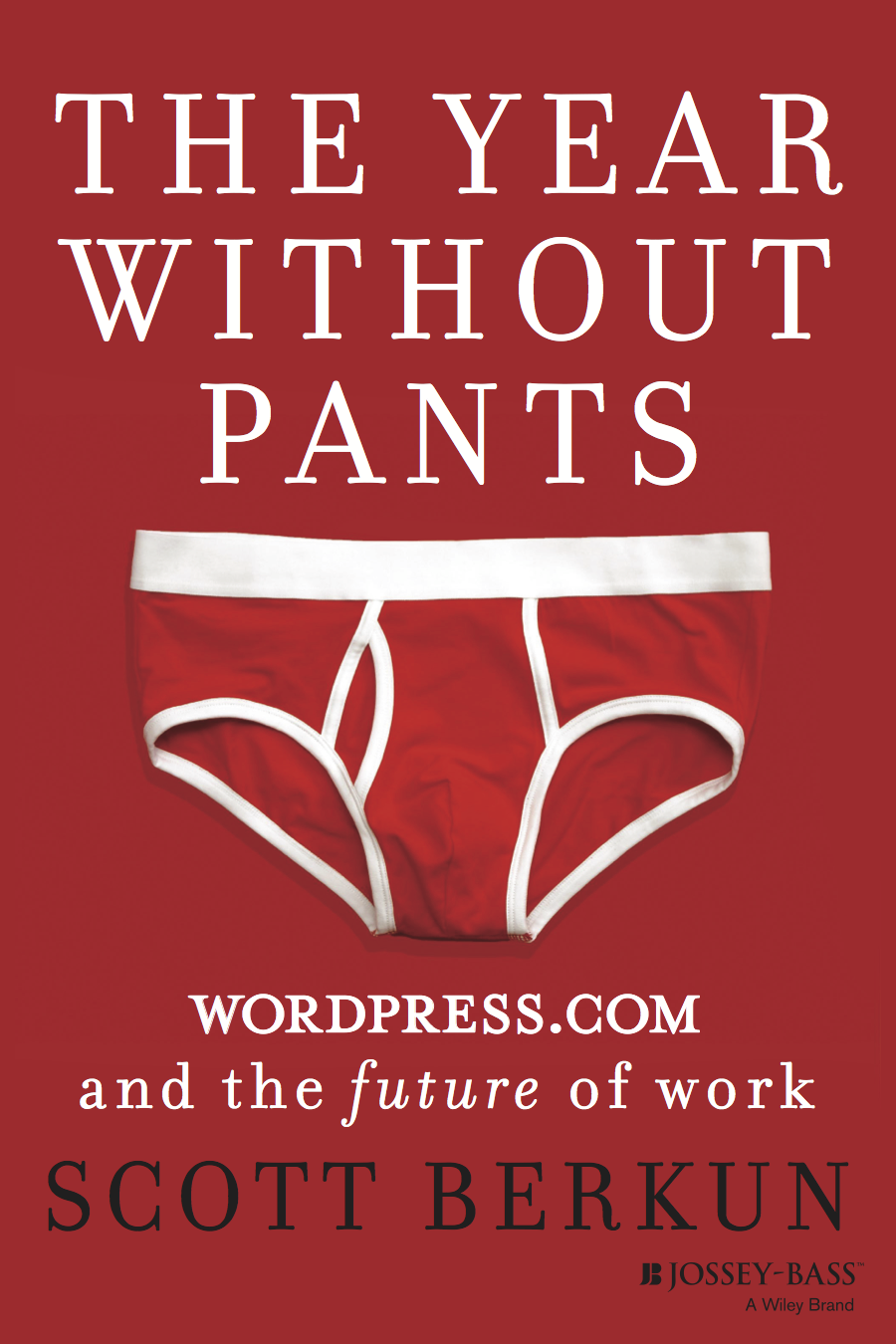Women, identity, and valuing ourselves
/October 28, 2013
Britain's new ten pound note, featuring Jane Austen
The other week I wrote a post I called When Women Work For Free. It was inspired by Tess Vigeland's post Me, Work For Free At This Point In My Career? and today I was alerted to this New York Times piece by Tim Kreider (for which he was actually paid), Slaves of the Internet, Unite! I'm going off on a slight tangent here, especially as Kreider, obviously, is male, and yet has himself agreed to work for nothing on what sounds like multiple occasions. But the way women value themselves - and how their sense of identity messes with their ability to get more money - played into a talk I attended last week at a conference put on by Working Mother Media. Columbia Business School professor Michael Morris talked about his, and former student, Emily Amanatullah's, research into women and negotiating. I'm slightly obsessed with this topic, as some of you may know. I've reported two stories on negotiating for Marketplace in the past, and episode 13 of The Broad Experience was about what happens when women ask women for a raise. I'm always banging on about the bookAsk For It, which I recommend to any woman who'll listen.
Morris presented us with a graph showing that when women in the Columbia experiment had to negotiate for themselves, they lowballed themselves. As a result, they ended up with a far lower salary offer than the men in the experiment, who, after receiving a relatively low offer, countered with a much higher one, and got something in the middle. He said the women were notably "much less assertive" and that this is because "they anticipate a backlash" from the interviewer. They're trying to manage society's expectations for their behavior, he said. We all know what he's talking about: that idea that you have to be nice at all times and if you're not, you'll suffer for it. Sadly, other experiments have borne this out. Both male and female interviewers do view women with distaste when they negotiate aggressively. When men do so, neither sex bats an eyelid (read Ask For It to find out more).
(I should say here that I approached Morris after the talk and he doesn't seem to agree with me that part of the issue for women when negotiating for ourselves is that many women just don't think we deserve things, period. Maybe it would take a different experiment to prove that theory.)
But women aren't hampered by some innate inability to negotiate. Morris and Amanatullah found that when women are charged with negotiating on behalf of someone else, there's no difference in what they manage to get. Men and women, in other words, when negotiating for another person, aim high and get the same amount. What stymies women is juggling their sense of self and society's view of them with securing more money for themselves. These elements are at odds with one another. Morris went on to talk about women's sense of identity, and how that plays out in the workplace. I'll quote him: "People whose 'woman' identity was well integrated...they were more likely to negotiate better and be warm." Basically, it all comes down to your company culture, which, as we know, tends to default to 'male'. Morris says if you're a woman who feels comfortable in your corporate setting, you're more likely to be yourself, and thus do a better job of negotiating for yourself, than if you're having to put on a mask every day to go to work.
"Shape an organizational culture so your employees don't feel they have to check their identity at the door," said Morris. "They can then negotiate better. Life is more comfortable when you have an integrated identity."
Quite.



